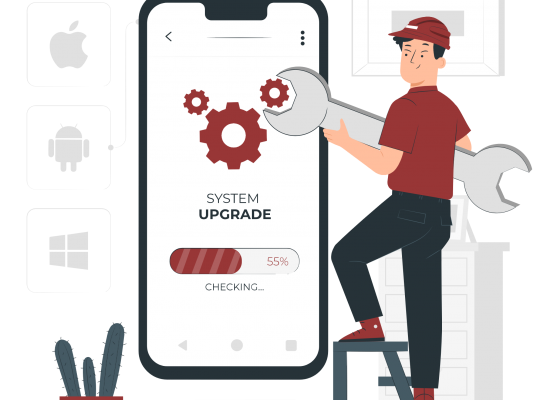Integrating ChatGPT into Learning Management Systems (LMS) can greatly enhance the learning experience for students and instructors by providing advanced AI-driven tools and features. Here’s an overview of how this integration can be achieved, along with some potential benefits:
API Integration
To integrate ChatGPT into an LMS, you can use the ChatGPT API. This will allow you to create custom plugins or add-ons for the LMS that can communicate directly with ChatGPT. The API will enable seamless interactions between the LMS and ChatGPT, allowing both systems to exchange data and commands.
Single Sign-On (SSO)
Implementing Single Sign-On (SSO) allows users to log in to both the LMS and ChatGPT with a single set of credentials, ensuring a seamless and secure user experience. SSO can be achieved using standard authentication protocols like OAuth2 or SAML.
Features and Use Cases
a. Automatic Grading and Feedback:
ChatGPT can be used to grade assignments, quizzes, and exams automatically, saving instructors time and providing students with immediate feedback. Additionally, it can be used to generate personalized feedback based on a student’s performance, helping them understand their areas of strength and improvement.
b. Tutoring and Q&A:
ChatGPT can act as a virtual tutor, answering students’ questions related to course content, providing explanations, and clarifying doubts. This can be particularly helpful for online or self-paced courses, where students may not have immediate access to an instructor.
c. Content Generation:
Instructors can use ChatGPT to generate course materials such as study guides, lesson summaries, and quiz questions. This can save time and ensure consistent, high-quality content across the curriculum.
d. Collaborative Learning:
ChatGPT can be integrated into discussion forums or group projects, facilitating collaboration among students and helping them work together effectively. It can provide suggestions, ideas, or resources to enrich the discussion or project.
e. Language Support:
ChatGPT’s language capabilities can be used to support students with different language backgrounds, providing translations, explanations, or vocabulary assistance.
Data Privacy and Security
When integrating ChatGPT into an LMS, it’s essential to ensure data privacy and security by implementing proper encryption and access controls. Make sure to follow local and international data protection regulations, such as GDPR or FERPA, to safeguard students’ and instructors’ personal information.
In conclusion, integrating ChatGPT into Learning Management Systems can significantly enhance the educational experience by offering a wide range of AI-powered features. By carefully implementing API integration, Single Sign-On, and data privacy measures, you can create a seamless and secure learning environment for students and instructors alike.






